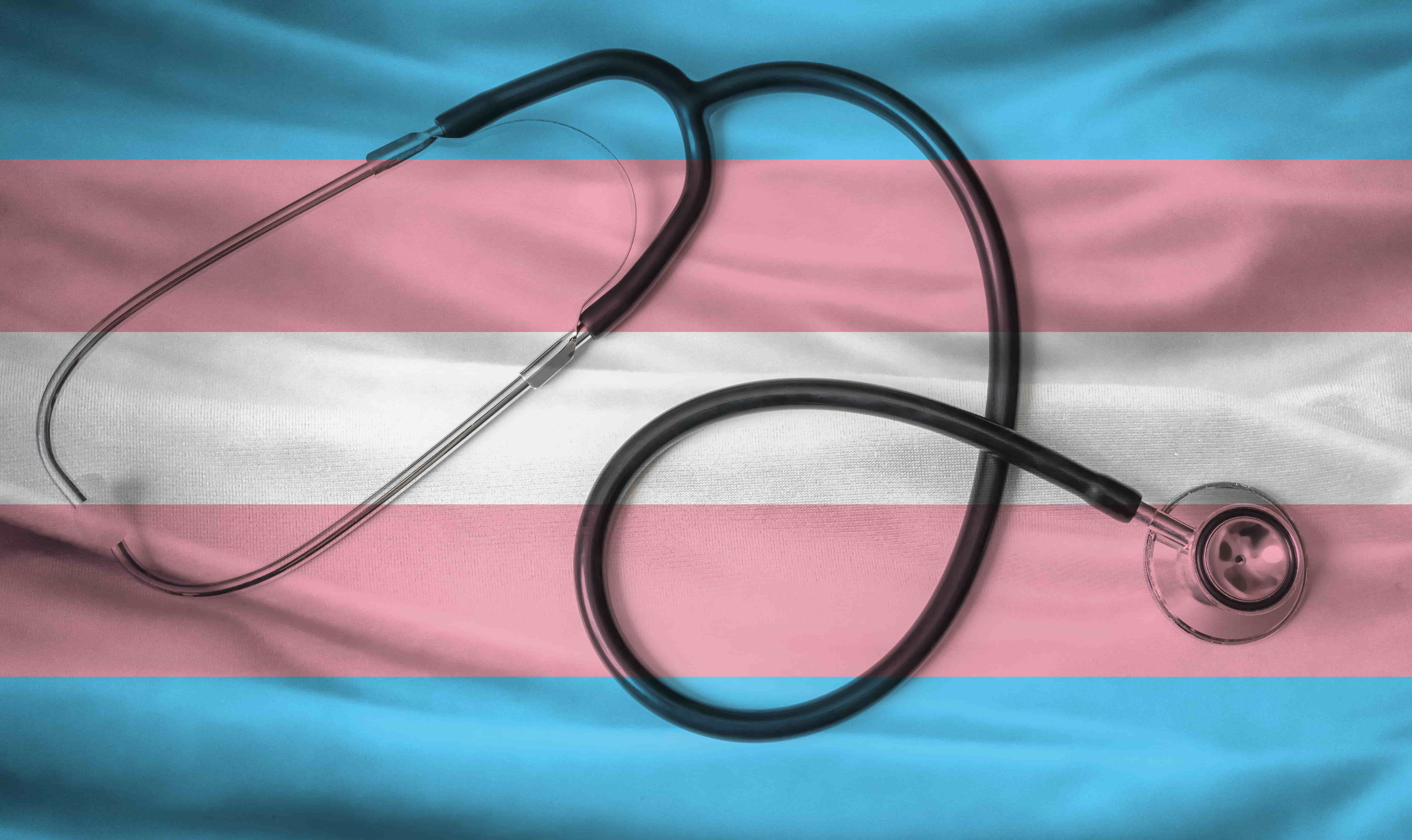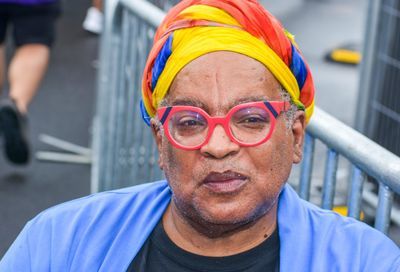Federal judge rejects Virginia transgender student’s motion
Ruling upholding school board's restroom policy could bolster opponents of LGBT nondiscrimination policies elsewhere

A transgender male student in Virginia can no longer use the public restroom at his high school. Instead, he will be relegated to a staff bathroom or other “alternative private” facility after a federal judge ruled against him on Friday.
Gavin Grimm, a junior at Gloucester High School in Gloucester County, Va., had sought a preliminary injunction to allow him to use the boys’ restroom, in keeping with his gender identity. But U.S. District Judge Robert Doumar issued an order rejecting that motion, prohibiting Grimm from using the boys’ restroom and locker room facilities when he begins school this week.
Doumar did not provide any reasons for why he denied Grimm’s request for a preliminary injunction, merely stating in his order that an opinion further detailing his reasoning would be forthcoming.
Lawyers for the American Civil Liberties Union and the ACLU of Virginia brought suit against the Gloucester County School Board in June. They argued that denying Grimm access to the boys’ restroom constituted discrimination under both the Fourteenth Amendment and Title IX of the U.S. Education Amendments of 1972. In July, Doumar threw out part of that lawsuit, ruling that Grimm could not argue he had suffered discrimination under Title IX. As of Friday, Doumar had not ruled whether Grimm could move forward with his claims that the policy constitutes discrimination under the Equal Protection Clause of the Fourteenth Amendment.
Grimm’s lawyers said they were “deeply disappointed” with Doumar’s decision, calling the school board’s restroom policy “harmful and stigmatizing.”
“As a result of the decision, Gavin will have to start the school year under a demeaning and stigmatizing policy that relegates him to separate restrooms from his peers,” said Joshua Block, a senior staff attorney with the ACLU’s Lesbian, Gay, Bisexual and Transgender Project. “We expect today’s decision to be reversed on appeal.”
According to the prescribed treatment for gender dysphoria, individuals are encouraged to socially transition in all aspects of their lives. After coming out as transgender last year, Grimm and his mother notified school authorities, who agreed to allow Grimm access to the boys’ restroom. Grimm used those facilities for nearly two months, without incident, before someone complained to the school board.
The school board was then inundated with complaints from concerned parents and community members, backed by groups like the Traditional Values Coalition and the Virginia Christian Alliance, which have taken a firm stance on requiring students in schools to use the bathroom that corresponds to their biological sex. As a result of the outcry, the board voted in December to adopt a policy requiring transgender students to use a staff restroom or other facility separate from the general population.
“It is difficult to face another school year of being singled out and treated differently from other students,” Grimm said in a statement. “I am determined to move forward because this case is not just about me, but about all transgender students in Virginia.”
Grimm’s words are prescient. They foreshadow future conflicts over transgender students’ access to certain facilities, school or countywide nondiscrimination policies, and whether anti-transgender discrimination constitutes sex discrimination under Title IX.
In addition to Gloucester County, Stafford County also experienced its own fight over transgender restroom policies. In March, the county school board voted unanimously to adopt a similar restroom policy after outcry over a transgender fourth grader using the girls’ restroom. Conservative political action groups, particularly the Virginia Christian Alliance, have attempted to mount a statewide campaign demanding that school systems throughout the commonwealth reject any policies that accommodate transgender students.
VCA has also included a question on the issue of transgender restroom use in schools as part of its 2015 candidate survey ahead of November’s General Assembly and school board elections. Because of the emphasis being placed on the issue, political observers expect social conservatives to push anti-transgender pieces of legislation during next year’s session.
On the other side of the issue, Fairfax and Arlington counties have recently adopted transgender nondiscrimination policies, joining Charlottesville and Alexandria in prohibiting discrimination based on gender identity. Those policies mirror similar ones already in place in nearby Montgomery County, Md. and the District of Columbia, and expected to be implemented this year in Prince George’s County, Md.
Fairfax’s nondiscrimination policy came under fire earlier this year. In May and June, parents and community groups loosely affiliated with conservative action groups created disruptions at school board meetings, following an almost formulaic pattern when compared to the school board meetings in Gloucester and Stafford counties.
Due to Fairfax’s more conservative nature, as well as the structure of this year’s elections — all 13 members of the school board are up for re-election — many political observers expect the treatment of transgender students to play a major role in the upcoming campaign, as social conservatives attempt to oust the current school board members from their posts. In more socially liberal Arlington, there has been little outcry against the policy, and there is less chance for turnover, as only one of the five school board seats is up for re-election this fall.
Support Metro Weekly’s Journalism
These are challenging times for news organizations. And yet it’s crucial we stay active and provide vital resources and information to both our local readers and the world. So won’t you please take a moment and consider supporting Metro Weekly with a membership? For as little as $5 a month, you can help ensure Metro Weekly magazine and MetroWeekly.com remain free, viable resources as we provide the best, most diverse, culturally-resonant LGBTQ coverage in both the D.C. region and around the world. Memberships come with exclusive perks and discounts, your own personal digital delivery of each week’s magazine (and an archive), access to our Member's Lounge when it launches this fall, and exclusive members-only items like Metro Weekly Membership Mugs and Tote Bags! Check out all our membership levels here and please join us today!



























You must be logged in to post a comment.